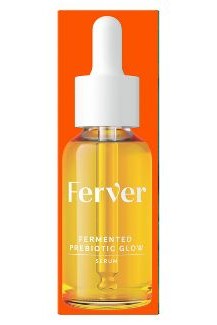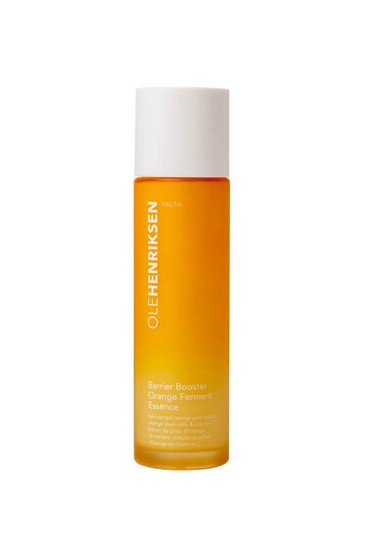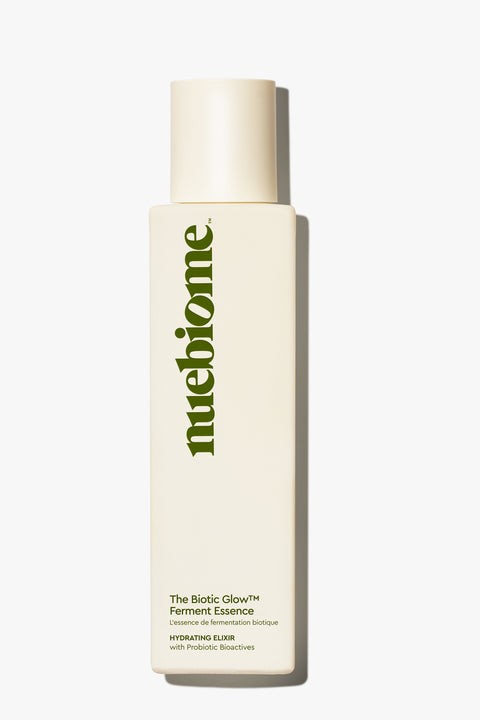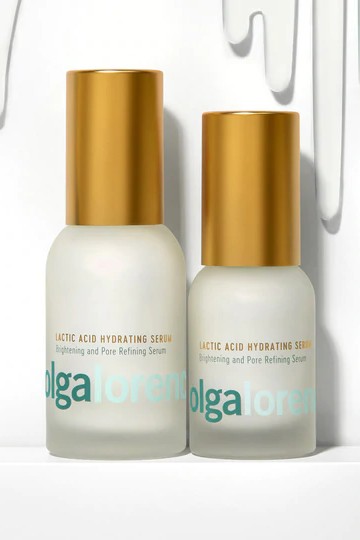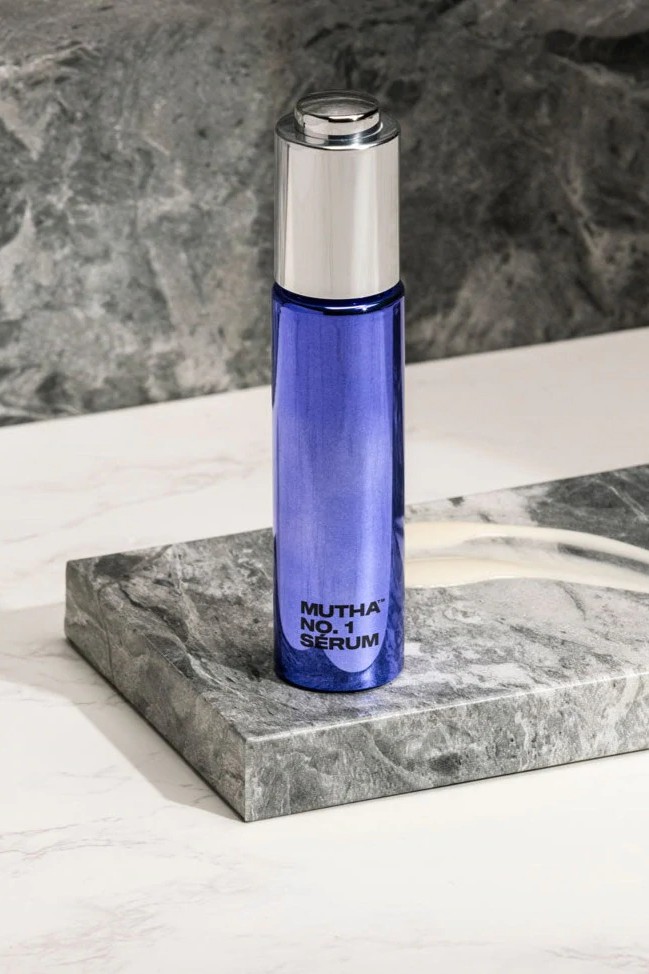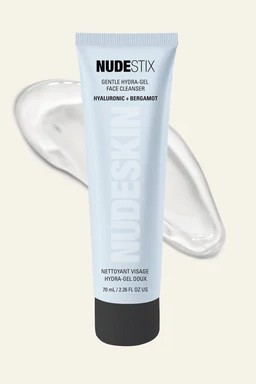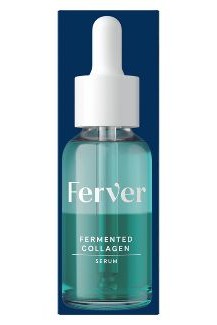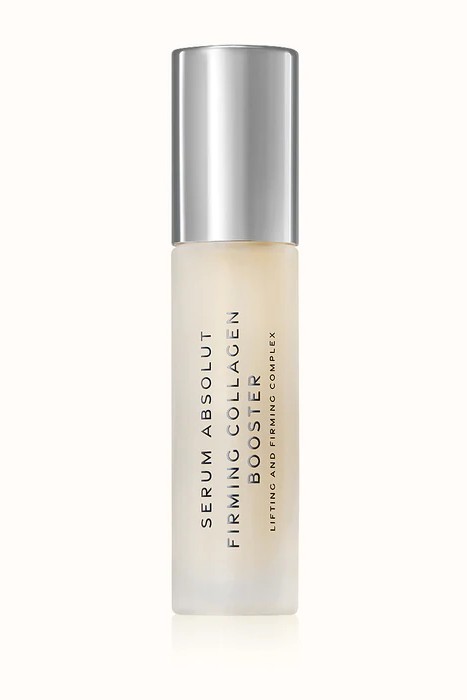Why Fermented Skincare Is Your Next Beauty Obsession
Think: Kombucha, but for your skin.
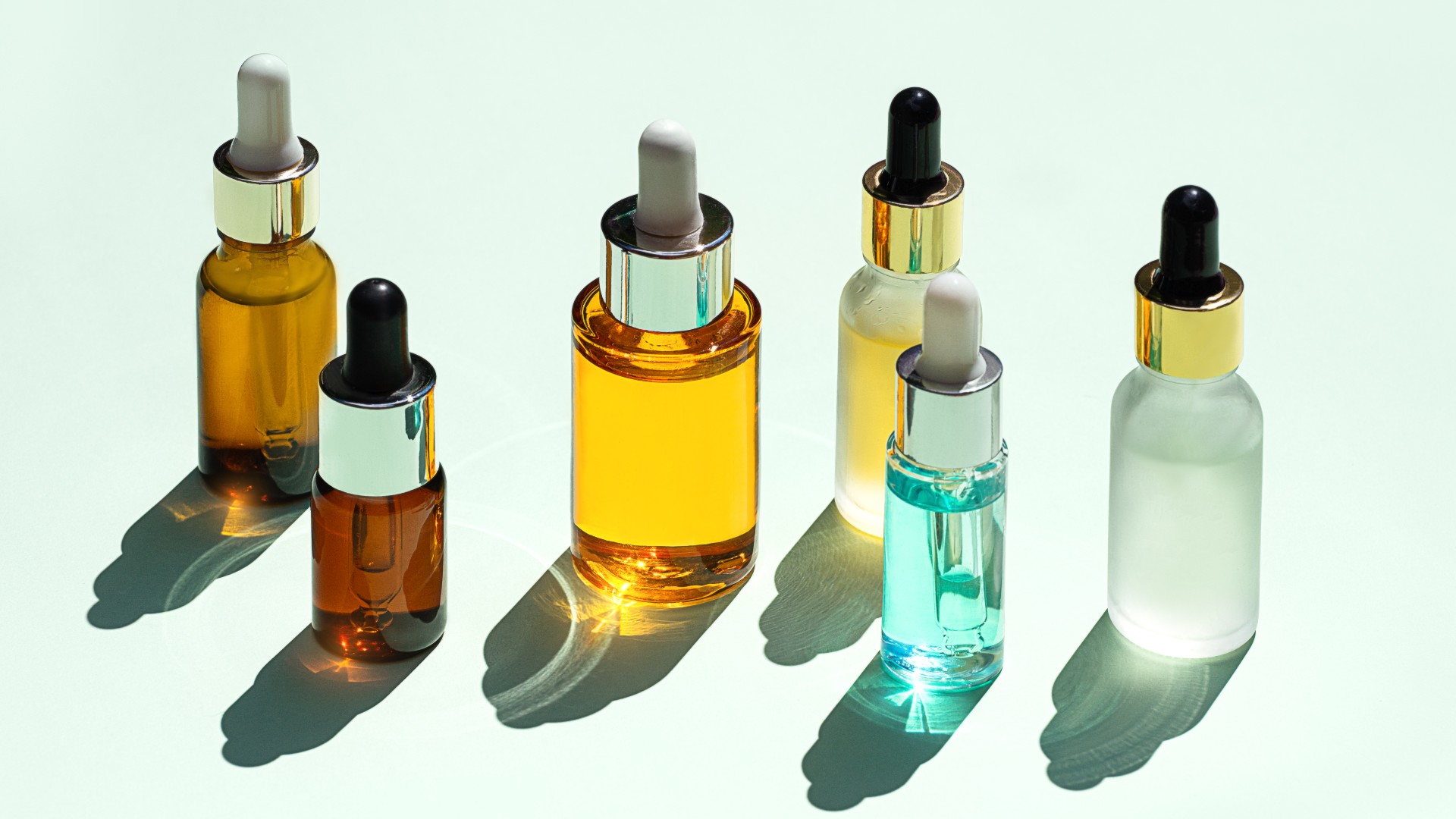

Let's admit it: In the world of skincare, it's hard to keep up with all the latest trends. It seems like there's always a new cure-all product, acid, or natural remedy meant to solve all your skincare woes, from acne to dry skin to fine lines. Thus, I was both intrigued and overwhelmed when I discovered that there's a world of skincare that I had yet to learn about: Fermented beauty. Having only understood fermentation in terms of kombucha, alcohol, and science experiments, I turned to acclaimed (and Instagram famous) dermatologist Dr. Lindsey Zubritsky.
What Is Fermented Skincare?
"Fermentation is a term we are all familiar with―it's the same process used to create kombucha and kimchi," she explained, "but it is also used in the skincare world to make highly effective ingredients and products. As it relates to skincare, fermentation breaks down natural molecules and makes them smaller, so it’s easier for them to absorb deeper into your skin’s surface. In skincare, these smaller molecules become more potent and precise for optimal bioavailability, which allows ingredients to penetrate the skin deeper and absorb readily. With an increase in bioavailability and smaller molecule size, all the skincare ingredients used in fermented skincare and their benefits are significantly amplified."
In other words, fermented skincare products are stronger versions of their non-fermented counterparts. If you're using a product containing fermented Vitamin C, for instance, you can expect that the Vitamin C in it will be two, three, or even four times stronger than you're used to. This means that fermented skincare can produce incredible, expedient results, but it also means that we all need to be careful and ensure we're using the right products, in the right amount, to address our skin concerns.
Wondering what fermented beauty products are right for you? Read on for explanations and product recommendations that will help you harness the power of fermented skincare to meet your unique needs, no matter what they are.
For Skin Brightening
Dr. Zubritsky touts Vitamin C as a way of "restoring radiance and luminosity, leaving skin with brighter and more hydrated skin, with improved tone and texture." In particular, she recommends Ferver Skincare's Fermented Prebiotic Glow Serum, whose dosage is four times (!!) more powerful that normal Vitamin C products. You can shop this serum, and other fermented Vitamin C products, below.
For Acne-Prone Skin
Exfoliation has long been a helpful method of reducing and preventing acne, but you don't need to rely on rough exfoliating scrubs for smoother skin. Dr. Zubritsky also recommends alpha hydroxy acids (also known as chemical exfoliators or AHAs), like lactic acid, which she says "work to promote skin cell turnover and help to dissolve the glue that holds together our dead skin cells, encouraging exfoliation." Products containing fermented AHAs pack several times the punch, which is handy so long as you don't overdo it―especially if you're concerned about hyperpigmentation, dryness, or if you have sensitive skin. "I’d recommend incorporating this into your routine starting with one day a week," Dr. Zubritsky advises, "and build up to daily use if tolerated or if needed."
For Dry Skin
Lately, it seems like hyaluronic acid is all the skincare community wants to talk about, so it's no wonder that brands have explored formulas incorporated fermented versions of this popular ingredient. The acid promises to deliver plumper, more hydrated skin, but Dr. Zubritsky says that the efficacy of this depends on the formula.
Get exclusive access to fashion and beauty trends, hot-off-the-press celebrity news, and more.
"Hyaluronic acid can be tricky to formulate, since sometimes the molecule is too large to penetrate the skin surface," she says. "Through fermentation, the hyaluronic acid molecule is small enough to penetrate deep into the skin, allowing for ample hydration both on the surface of the skin on the outer layers as well as the deeper layers."
For Fine Lines
Collagen, like hyaluronic acid, is one of the buzziest ingredients in the skincare world, and it, too, can be challenging to take effect. Like hyaluronic acid, Dr. Zubritsky says, "the collagen molecule is too large to penetrate the skin's surface." However, when fermented, the molecule shrinks, leaving users with noticeably plumper, firmer skin and reducing the appearance of fine lines and wrinkles to a greater extent than non-fermented collagen products.

Gabrielle Ulubay is a Beauty Writer at Marie Claire. She has also written about sexual wellness, politics, culture, and fashion at Marie Claire and at publications including The New York Times, HuffPost Personal, Bustle, Alma, Muskrat Magazine, O'Bheal, and elsewhere. Her personal essay in The New York Times' Modern Love column kickstarted her professional writing career in 2018, and that piece has since been printed in the 2019 revised edition of the Modern Love book. Having studied history, international relations, and film, she has made films on politics and gender equity in addition to writing about cinema for Film Ireland, University College Cork, and on her personal blog, gabrielleulubay.medium.com. Before working with Marie Claire, Gabrielle worked in local government, higher education, and sales, and has resided in four countries and counting. She has worked extensively in the e-commerce and sales spaces since 2020, and spent two years at Drizly, where she developed an expertise in finding the best, highest quality goods and experiences money can buy.
Deeply political, she believes that skincare, haircare, and sexual wellness are central tenets to one's overall health and fights for them to be taken seriously, especially for people of color. She also loves studying makeup as a means of artistic expression, drawing on her experience as an artist in her analysis of beauty trends. She's based in New York City, where she can be found watching movies or running her art business when she isn't writing. Find her on Twitter at @GabrielleUlubay or on Instagram at @gabrielle.ulubay, or follow her art at @suburban.graffiti.art
